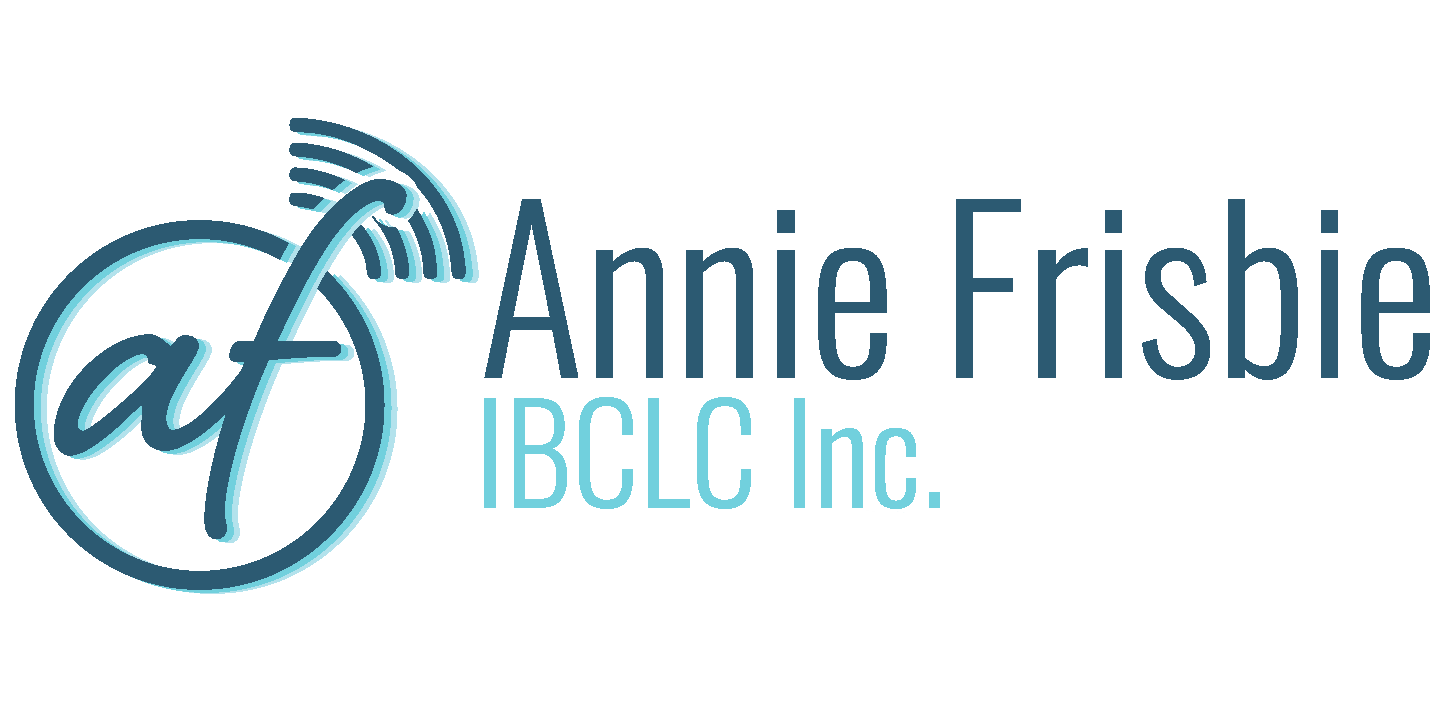
What does the Affordable Care Act say about breastfeeding and lactation?
When the Affordable Care Act was passed into US law in 2010, the legislation required coverage of preventive health services for women, including “breastfeeding support, supplies, and counseling,” further defined as “comprehensive lactation support and counseling, by a trained provider during pregnancy and/or in the postpartum period, and costs for renting breastfeeding equipment.”
Under the law, preventive services are meant to be covered in full by insurance providers with no cost-sharing. Exceptions were made for certain designated “grandfathered plans” that predated the ACA, but all new plans created after the ACA’s implementation were required to conform to this provision.
Who should be performing lactation services?
Because the skill set of the IBCLC encompasses care of a dyad (or triad or more) and coordinates care across multiple disciplines, the International Board Certified Lactation Consultant (IBCLC) is uniquely positioned to provide care to the myriad kinds of families seeking our help. We have the skill set, the education, and the training required to supervise, counsel, manage, and educate families towards their breastfeeding goals.
Many IBCLCs have found being in-network to be a boon to their private practices. Some plans will even cover multiple visits leading to better outcomes for families.
Obstacles to insurance coverage and reimbursement for lactation services
Despite the clarity of the ACA, implementation has been scattershot at best. Families are given misinformation by their insurance providers, and in many cases don’t even know their benefits under the law. In-network providers are having to fight to have cost-sharing removed from claims.
Out-of-network claims are being denied over and over again, and there has been at least one class-action suit filed against a major carrier for failure to pay for covered services. There’s absolutely no consistency in which codes will be reimbursed, and at what rate, and when claims are denied it can be hard to even understand why when ACA seems so clear.
Nobody, even within the lactation community, can come to a consensus on whether or not the provisions of the ACA extend to the baby, or only to the mother, or what to do when the parent is trans, or a non-gestational parent wishing to induce lactation, or for how long these services should be covered. Some carriers such as Aetna and Blue Cross/Blue Shield have different coverage policies in different states. And perhaps most frustratingly of all, some in-network lactation consultants are seeing claims denied using codes that have previously been paid.
Why IBCLCs should help their clients
You may not think it’s in your scope of practice to engage with insurance billing and coding—but if there are babies who are not getting human milk because insurance companies are shirking their responsibilities, then you may want to expand your understanding of the IBCLC’s “duty to protect, promote and support breastfeeding by facilitating the development of policies which protect, promote and support breastfeeding and acting as an advocate for breastfeeding as the child-feeding norm” (from the IBLCE Scope of Practice).
We have the opportunity to educate our clients on their rights under the law and provide support, resources, and encouragement when they have to fight for their entitlement under the law.
Basically, we’re all tearing our hair out trying to figure out how to get ourselves paid and our clients reimbursed. Any frustration you are feeling has been felt throughout our community. However, the fight for reimbursement is absolutely worth fighting. We may not win, but the law is on our side and we can harness the tools available for good and get our services covered.
Crash Course for Billing & Reimbursement for Lactation Practice
Insurance and Lactation Private Practice (3 L-CERPs + 0.5 E-CERPs + 3.5 CEUs)






